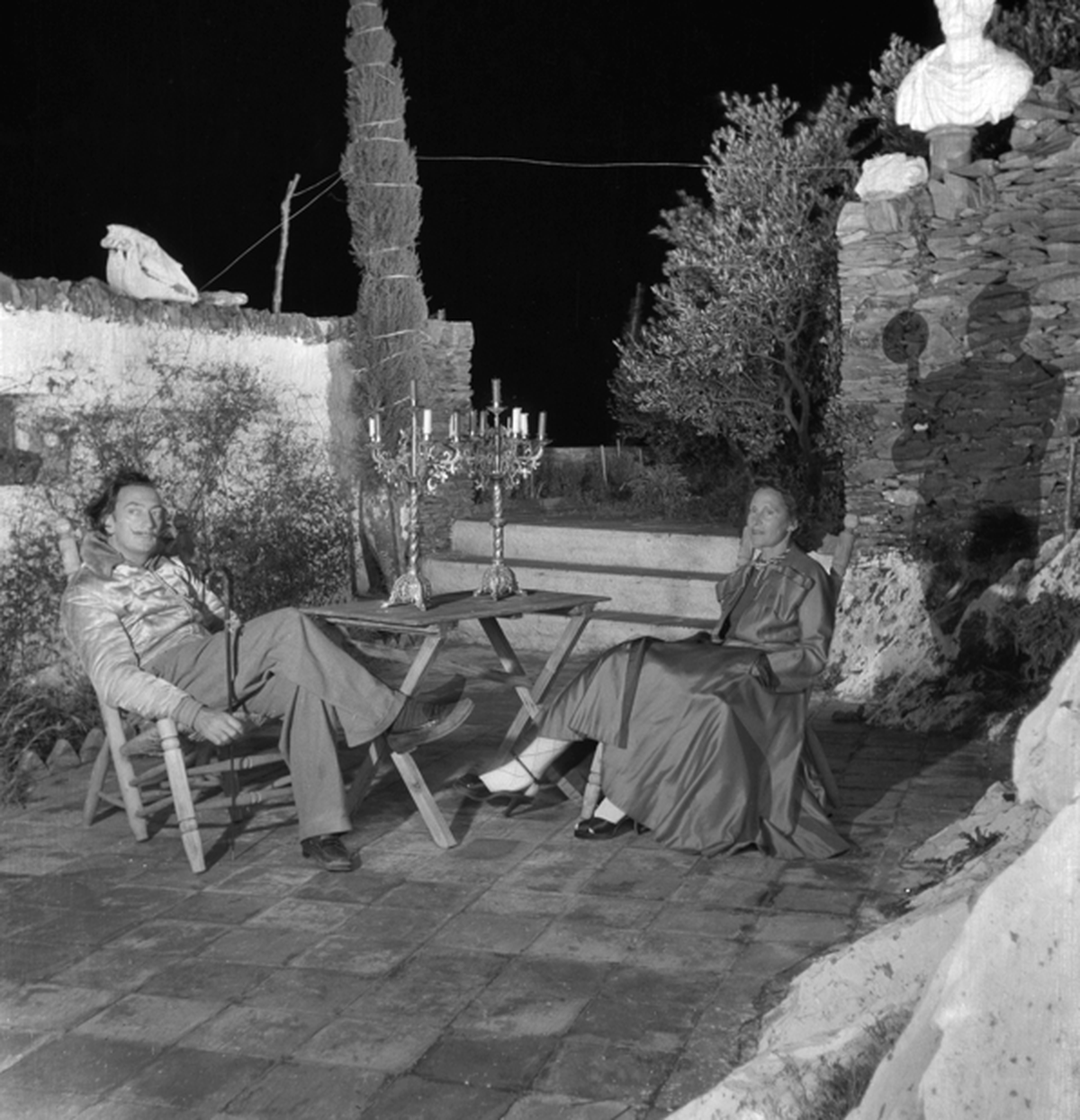[ad_1]
At Púbol castle, where Gala Dalí spent the later part of her life, a new fashion exhibition sheds light on her bold personality and unconventional life. Brought together by Bicester Collection’s La Roca Village and the Fundació Gala-Salvador Dalí, 24 fashion items have been picked to spotlight the woman behind the clothes.
So, who was Gala Dalí? She was a muse, model, artist, businesswoman, writer and fashion icon. She lived in the shadows and was the invisible force behind the genius of Salvador Dalí. Born in Kazan, Russia, as Elena Ivanovna Diakonova, she was married to poet Paul Éluard before she fell in love with a little known emerging artist called Salvador Dalí. Together they built his brand, image, and a fortune from art. Dalí signed his life’s later paintings with both their names, Gala Salvador Dalí, and was known to openly acknowledge that without one there was no other.
However, above all, she was misunderstood. Perhaps because she was often the only woman around men, in a hierarchical and exclusionary world of artists and painters, demanding and occupying her rightful place.

Gala Dalí with her husband Salvador Dalí
The Awakening of the Myth: Gala Dalí,which runs until January 2025, re-examines a different Gala narrative. Through 24 key fashion pieces from her personal collection, including designs by Christian Dior, Elsa Schiaparelli, Jean Dessès and Givenchy, the exhibition will evolve with new pieces displayed across three fashion ‘seasons’: ‘Spring–Summer Collection’ (that opened in March), ‘Haute Couture’ (opened in in June) and ‘Autumn–Winter Collection’ in October.
The exhibit includes the notable Musée du Louvre dress, designed by Dior in 1949, which has been given new life by the skilled hands of textile materials specialists. Through collaborations with painter Carla Fuentes, who reimagines Gala as a modern and influential creative force, and photographer Jordi Bernadó’s images that place Gala’s clothes in her space in the castle, a new narrative of the muse becomes accessible.
Read the full story | Gala Dalí in the company of ‘difficult’ women
[ad_2]
Source link





